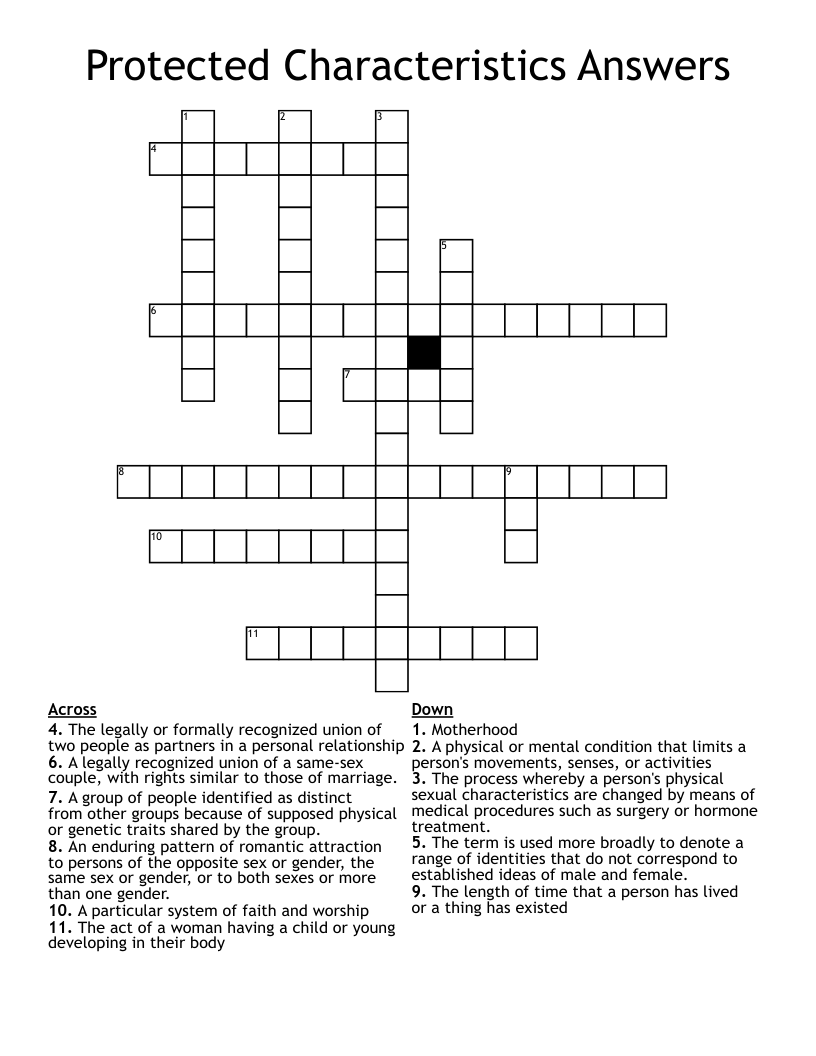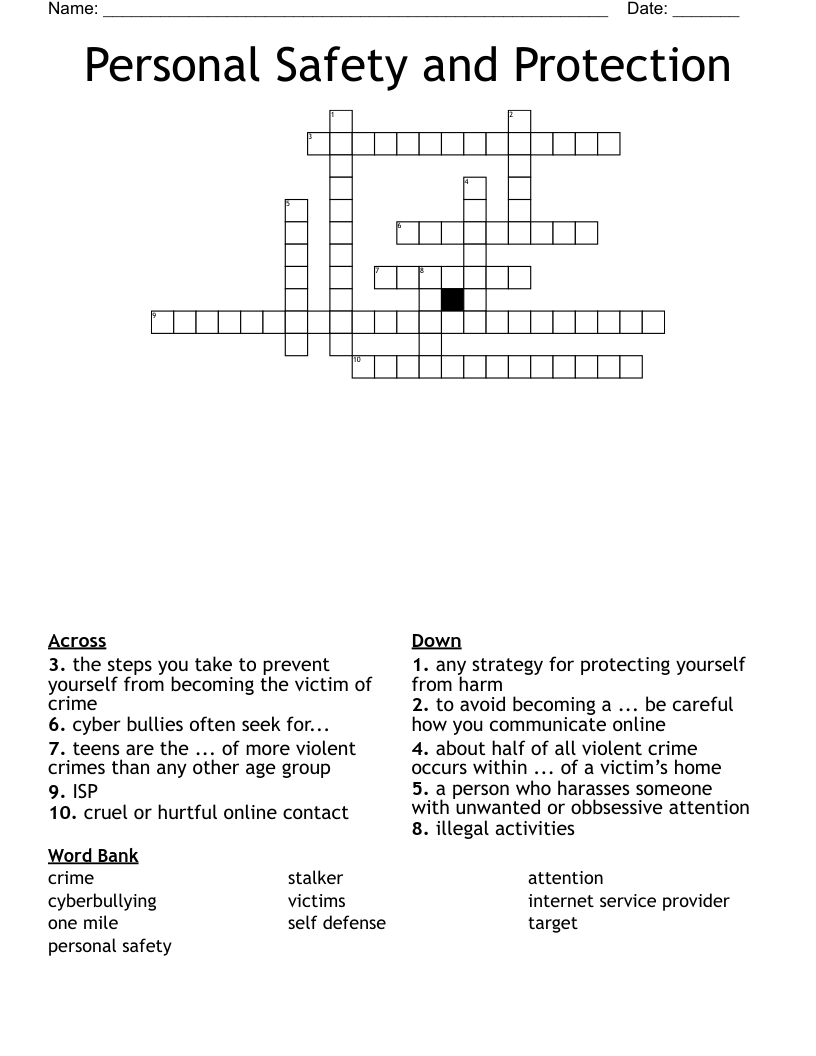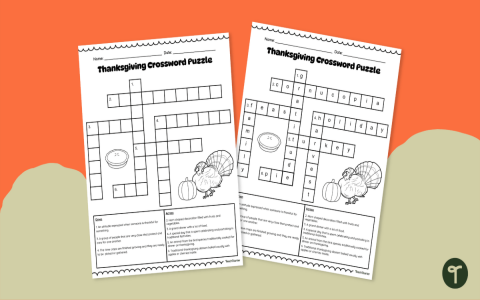Alright, let’s talk about this “crossword protected” thing I was messing around with today. Basically, I was trying to figure out how to make a crossword puzzle where certain words are, you know, “protected.” Like, they’re more important than other words and should be harder to guess, or maybe they relate to a specific theme you really want to emphasize.

So, first thing I did was just brainstorm. I thought, okay, what makes a word “protected” in a crossword? Is it the length? The complexity of the letters? Or is it all about how cleverly you write the clue?
I started by messing with a simple crossword generator. There are tons online, right? I used one that lets you input words and it automatically arranges them. The goal here was to see if I could manually force the “protected” words to be longer and intersect with more common words. Think of it like building a fortress – you want your key word to be surrounded by a bunch of easily defensible positions. So I started plugging in words, shuffling them around, seeing what fit. It was surprisingly tedious!
Then, I started thinking about the clues. That’s where the real magic happens, right? A lame clue will make even the coolest word a pushover. I figured, for “protected” words, I need clues that are:
- Vague but not too vague: You want people to have to think, not just give up.
- Related to a specific niche: If your crossword is about, say, 80s music, the clues for protected words should be deep cuts, not just “Madonna song.”
- Maybe even a little bit misleading: A good red herring can really throw people off the scent.
For example, let’s say my protected word is “SAFEGUARD.” A normal clue might be “Protect from harm.” But a “protected” clue could be something like: “A defensive measure, possibly involving a small deposit.” (This plays on the double meaning of “deposit,” hinting at money or valuables.)
I also played around with the idea of using themed clues to protect certain words. So, if I had a crossword about, I don’t know, classic literature, I might make all the clues for the “protected” words quotes from those books, but without attribution. So you have to really know your stuff to get them.
Another thing I tried was weighting the words. Imagine you’re telling the crossword generator, “This word is really important, so make it central to the design.” I couldn’t find a generator that does this directly, so I had to fake it. I’d enter the protected words multiple times, hoping the generator would favor them. It kinda worked, but it was messy.
In the end, I didn’t come up with a perfect solution. But I did learn a few things:
- You can kind of “protect” words by making them longer and more interconnected, but it’s a lot of manual work.
- The real power is in the clues. Clever, misleading, and niche-specific clues are key.
- There’s probably a better way to automate this, but I’m too lazy to code it myself.
So yeah, that was my afternoon. Making crosswords and trying to be sneaky. Anyone else have any tips for making tougher crosswords? I’m all ears!







